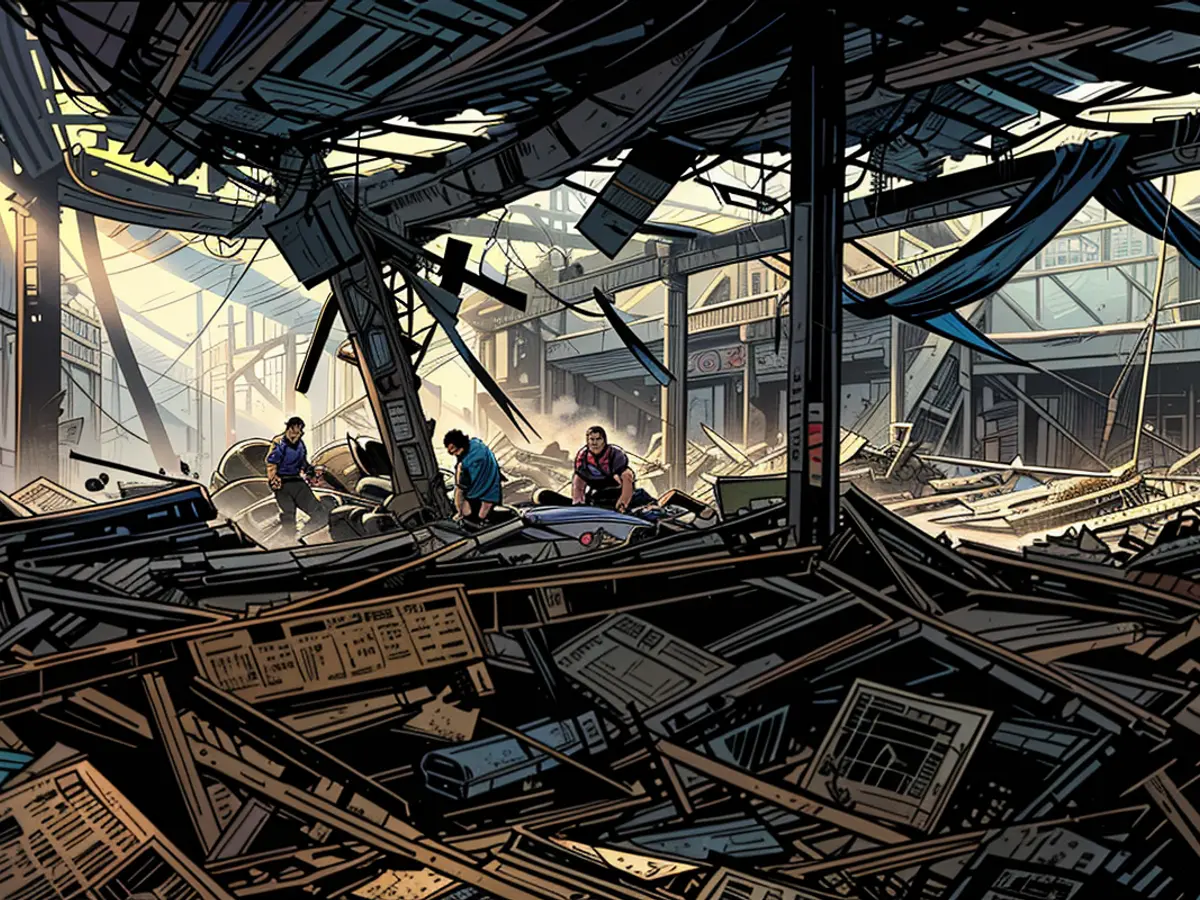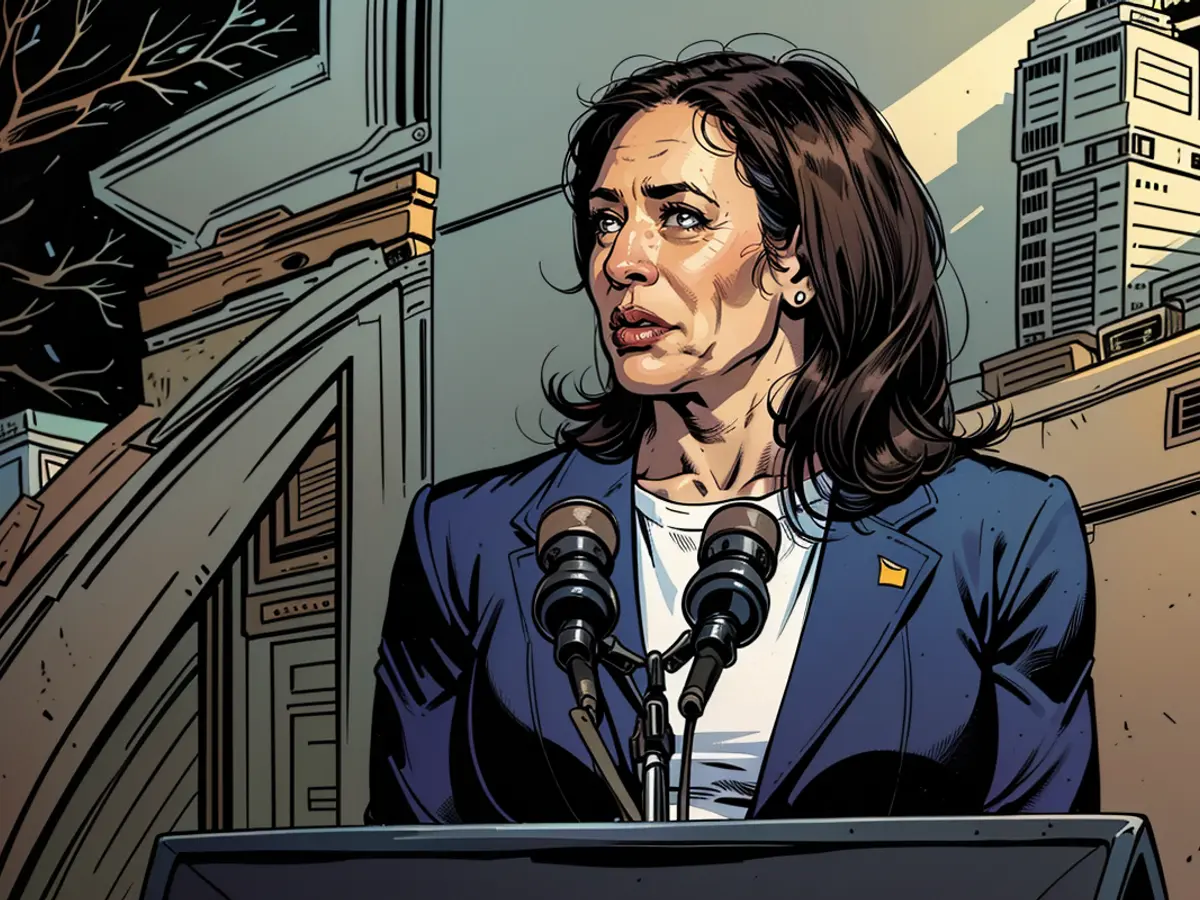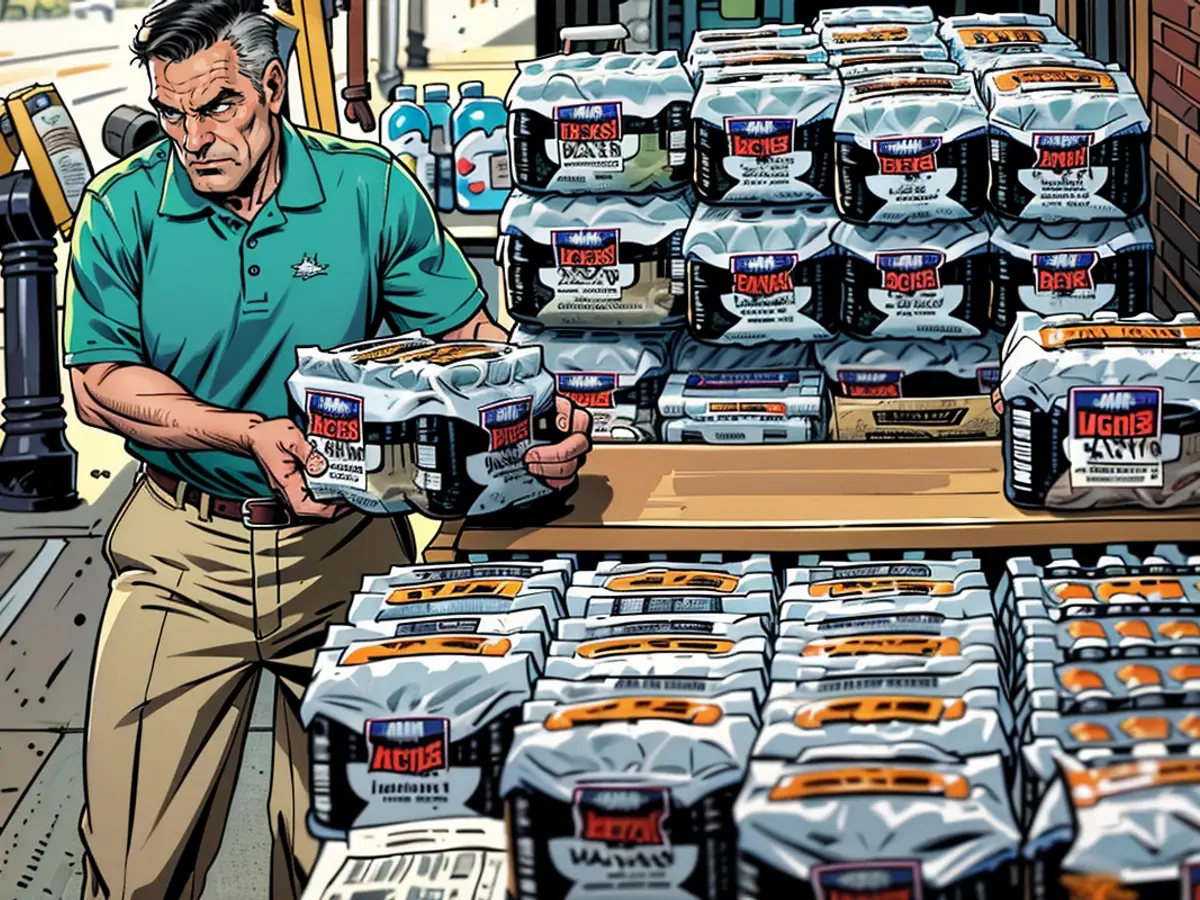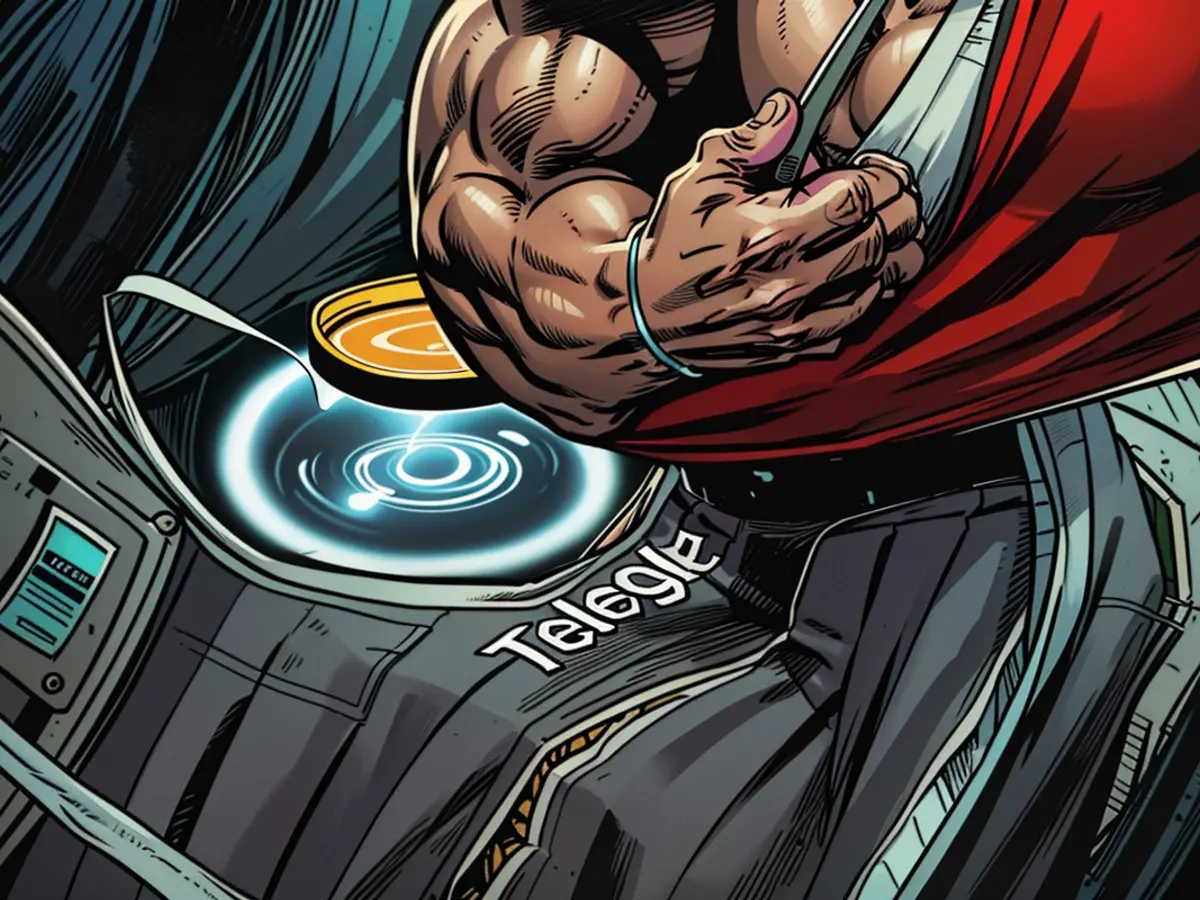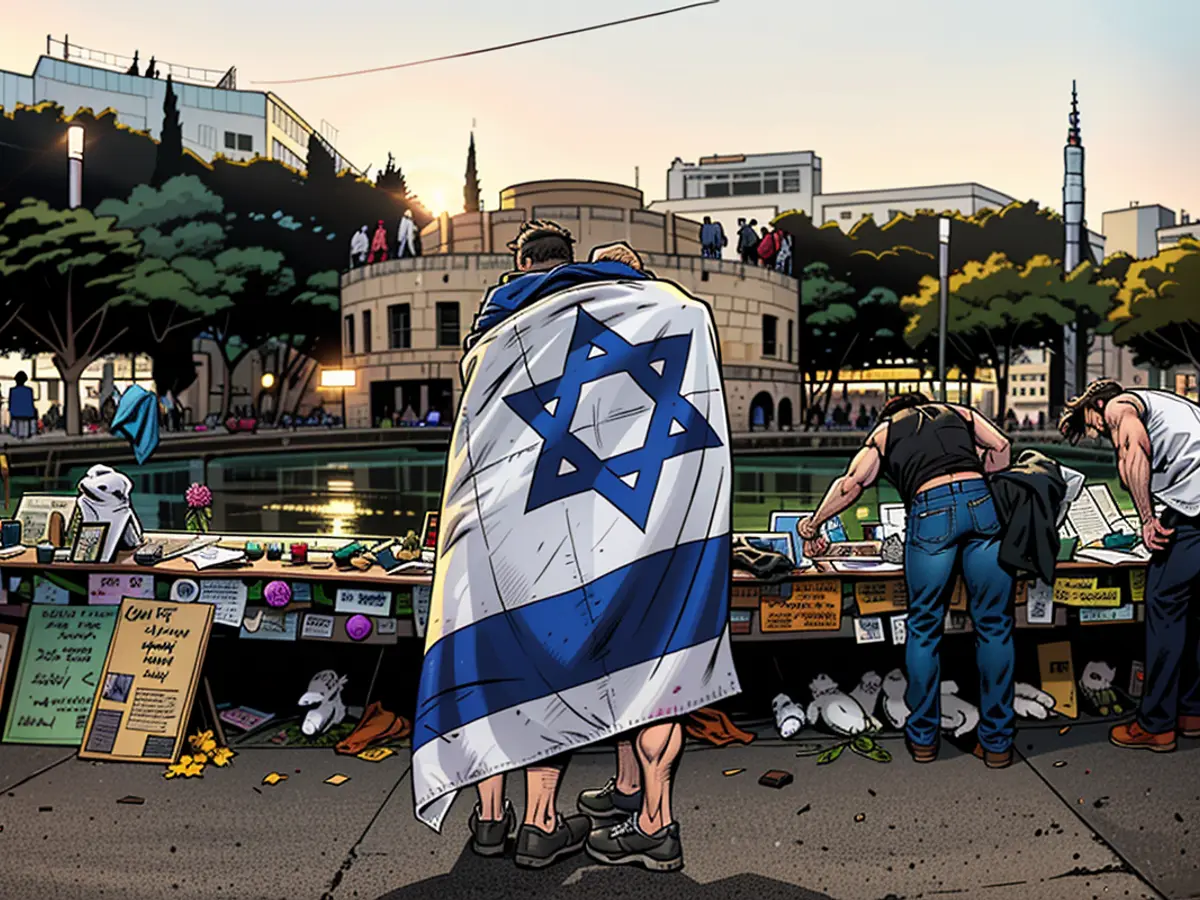- Preoccupazione per la centrale nucleare di Kursk
In considerazione dell'avanzata dell'Ucraina nel territorio russo di Kursk, l'Agenzia Internazionale per l'Energia Atomica (IAEA) avverte dei potenziali pericoli per la centrale nucleare locale. Il direttore generale dell'IAEA, Rafael Grossi, ha esortato entrambe le parti a rispettare le regole per la sicurezza nucleare nelle zone di conflitto. "Significative attività militari" sono segnalate nella regione, ha detto Grossi a Vienna. "A questo punto, invito tutte le parti a esercitare la massima cautela per evitare un incidente nucleare con potenziali gravi conseguenze radiologiche."
Il raggio d'azione e gli obiettivi esatti della traversata del confine dell'Ucraina dal martedì scorso rimangono incerti. In risposta, l'esercito russo ha colpito un supermercato nella città ucraina orientale di Kostjantyniwka venerdì, uccidendo almeno 14 persone e ferendone altre 40. "Questo è un deliberato e mirato terrore russo", ha detto il presidente ucraino Volodymyr Zelensky nel suo discorso serale. "Un altro crimine di guerra per cui l'occupante sarà chiamato a rispondere". L'Ucraina ha respinto un'invasione russa su larga scala per quasi due anni e mezzo. Durante la notte, la forza aerea russa ha colpito la regione ucraina di Sumy con bombe plananti.
A causa di gruppi di ricognizione e sabotaggio ucraini, le regioni russe di Kursk, Bryansk e Belgorod sono state dichiarate zone operative antiterrorismo, secondo l'agenzia di stampa statale TASS. Sono le tre regioni in cui le forze russe e ucraine si fronteggiano direttamente al confine. Agenzie di sicurezza sono state autorizzate a poteri aggiuntivi per combattere il terrorismo.
Tensioni alla Centrale Nucleare di Kursk
A causa della centrale nucleare di Kursk, Grossi, in qualità di capo dell'IAEA, ha ricordato a Russia e Ucraina i principi per la sicurezza degli impianti nucleari in situazioni di crisi. Ha anche richiamato le regole aggiuntive stabilite per la centrale nucleare occupata di Zaporizhzhia nel sud dell'Ucraina, "che sono anche applicabili a questo caso". Non importa dove si trova una centrale nucleare.
although it is completely unclear whether Ukraine's advance is targeting the Kursk NPP, tensions are rising there. Since Wednesday, the Russian National Guard has reinforced the protection of the nuclear plant in the city of Kursk, about 60 kilometers from the border. The farthest advances of Ukrainian troops, reported without confirmation, only reached about half that distance into Russia. However, some workers building two new reactors at the plant were temporarily withdrawn, the construction company Atomstroyexport announced.
Power was cut in the city of Kursk and surrounding areas due to a Ukrainian drone strike, according to the acting governor of Kursk, Alexander Smirnov, on Telegram. Russia also informed the IAEA that parts of Ukrainian rockets were found on the grounds of the NPP. However, there was no direct shelling, according to a letter from the Russian mission to international organizations in Vienna. These reports were not independently verifiable.
Ukrainian leadership has yet to comment on the advance of their army with tanks and artillery onto Russian territory. However, in his Friday evening video message, Zelensky thanked soldiers who had taken Russian prisoners. "This is very important, and it has been particularly successful in the past three days," he said. If the exchange fund is filled, more Ukrainian prisoners could be released from Russia. Since the start of the push on Tuesday, there have been several videos showing groups of Russian soldiers being captured, including border guards at the Sudzha crossing.
The USA is providing Ukraine with an additional $125 million (around €114 million) in military aid to defend against the Russian invasion. Included are "anti-aircraft missiles, ammunition for rocket systems and artillery, multi-purpose radars, and anti-tank weapons," US Secretary of State Antony Blinken said. This is the tenth such package. In recent months, the USA has provided several tranches of aid after the US Congress approved around $61 billion (€56.2 billion) for Kyiv at the end of April.
Despite the unclear intentions of Ukraine's advance, the potential impact on the area around the Kursk Nuclear Power Plant cannot be overlooked. Given the heightened tensions, Grossi emphasized the importance of following international guidelines for maintaining nuclear facility safety in crisis situations, including the additional rules established for the Russian-occupied Zaporizhzhia NPP.
